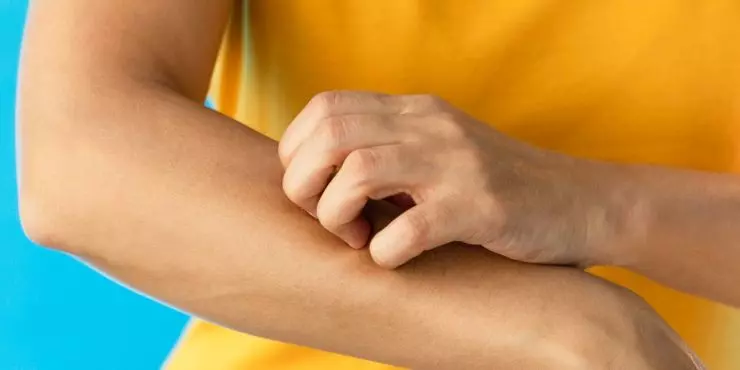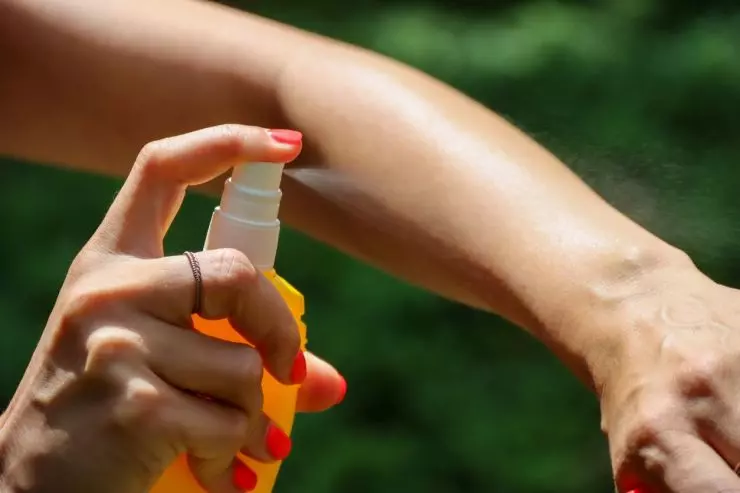
Summer is a glorious time filled with barbecues, time out on the lake, visits to parks and zoos, and so much more. While getting outdoors is not only fun it has many health benefits. It allows us to soak up all that glorious vitamin D and move more; however, there are risks to be aware of. One of those risks is those annoying pests - mosquitoes. Unfortunately, they are everywhere and can pose significant health risks due to their ability to transmit diseases. Let’s dive into those risks and how you can treat and prevent bites.
Risks of Mosquitoes and How to Treat and Prevent Bites
Risks of Mosquito Bites
Mosquitoes are known carriers of various diseases, making their bites more than just an itchy annoyance. Malaria, dengue fever, Zika virus, West Nile virus, and chikungunya are some of the illnesses transmitted by mosquitoes. These diseases can cause severe symptoms, including high fever, body aches, headaches, and, in some cases, life-threatening complications. Pregnant women and their unborn babies are particularly vulnerable to complications associated with Zika virus.
Important note, many of these diseases, thankfully, are rarely found in the US.
Treating Mosquito Bites
We have all been there. Bitten by a mosquito and now all we want to do is itch it. While it might be tempting, don’t scratch that itch.
Here are a few steps to follow to treat a mosquito bite:
- Clean the area with mild soap and water to prevent infection
- Apply an over-the-counter hydrocortisone cream or calamine lotion to reduce itching
- Use a cold compress or ice pack to alleviate swelling and inflammation
- Avoid scratching the bite to prevent further irritation and potential infection
- Take antihistamine medication, if necessary, to relieve itching and inflammation
- See a doctor if you start experiencing more serious symptoms
Preventing Mosquito Bites

Prevention is the key to reducing the risks associated with mosquito bites. Here are some tips to decrease your risk of getting bit:
- Use mosquito repellents: Apply an EPA-approved mosquito repellent containing DEET, picaridin, or a natural option that includes oil of lemon eucalyptus. Follow the instructions carefully and reapply as needed.
- Wear protective clothing: Wear long sleeves, long pants, and socks to minimize skin exposure. Opt for light-colored clothing, as mosquitoes are attracted to dark colors.
- Avoid peak mosquito activity: Mosquitoes are most active during dawn and dusk. Limit your outdoor activities during these times.
- Install screens and nets: Use window and door screens to keep mosquitoes out of your home.
- Eliminate breeding sites: Mosquitoes breed in stagnant water. Regularly empty, clean, or cover containers that can collect water, such as buckets, flower pots, and birdbaths. Keep gutters clean and ensure proper drainage.
- Use mosquito-repelling devices: Employ mosquito nets, mosquito coils, or insect-repellent candles to create a protective barrier around your outdoor space.
Keep Your Family Safe and Stop the Itch Before it Starts
Mosquito bites are almost impossible to fully avoid when living in Minnesota but remember to simply do your best to always plan ahead. This means packing bug spray, dressing appropriately and best planning your time outdoors.
Remember, if you or your child ends up with a bite that looks infected it may be time to consult your doctor as additional treatment may be needed.